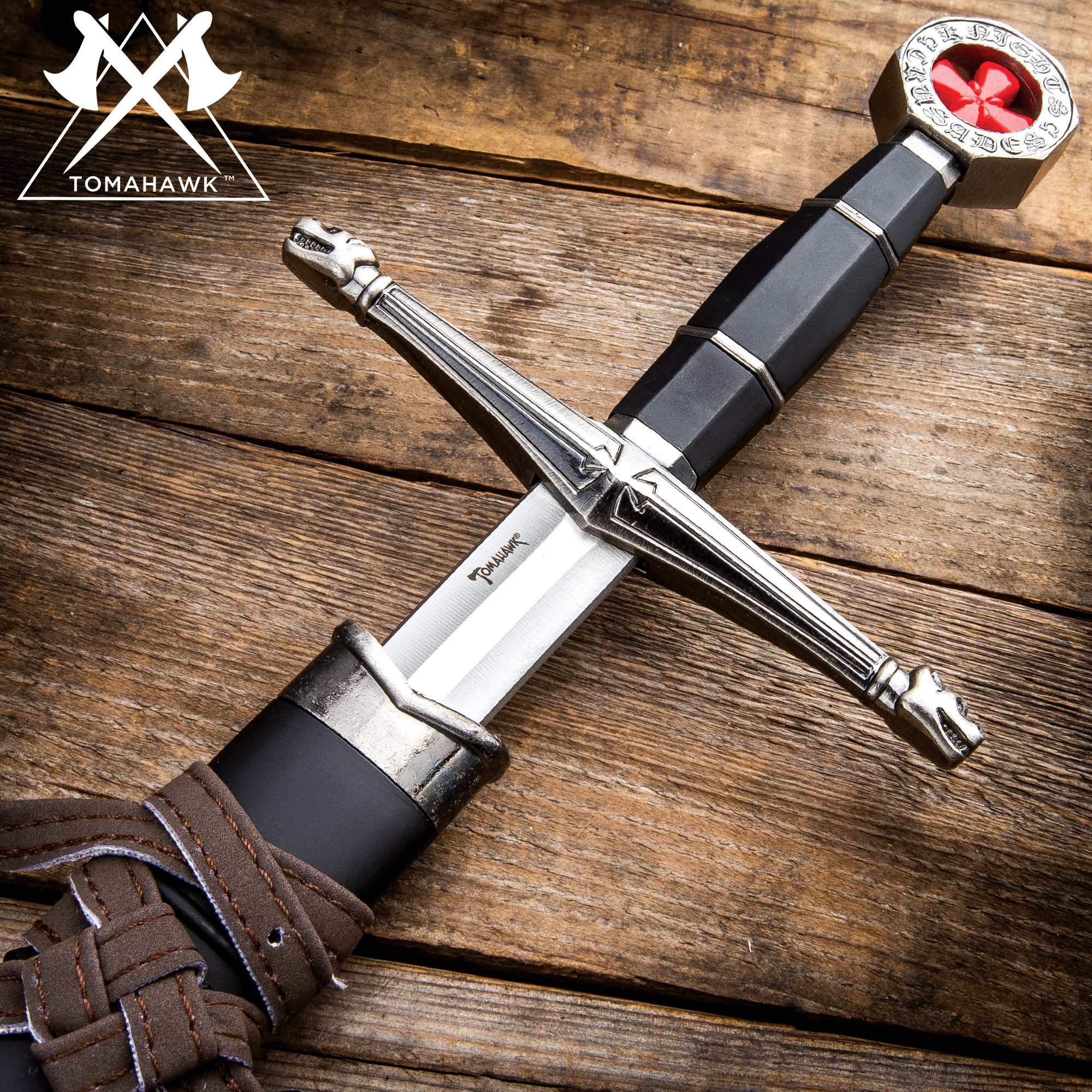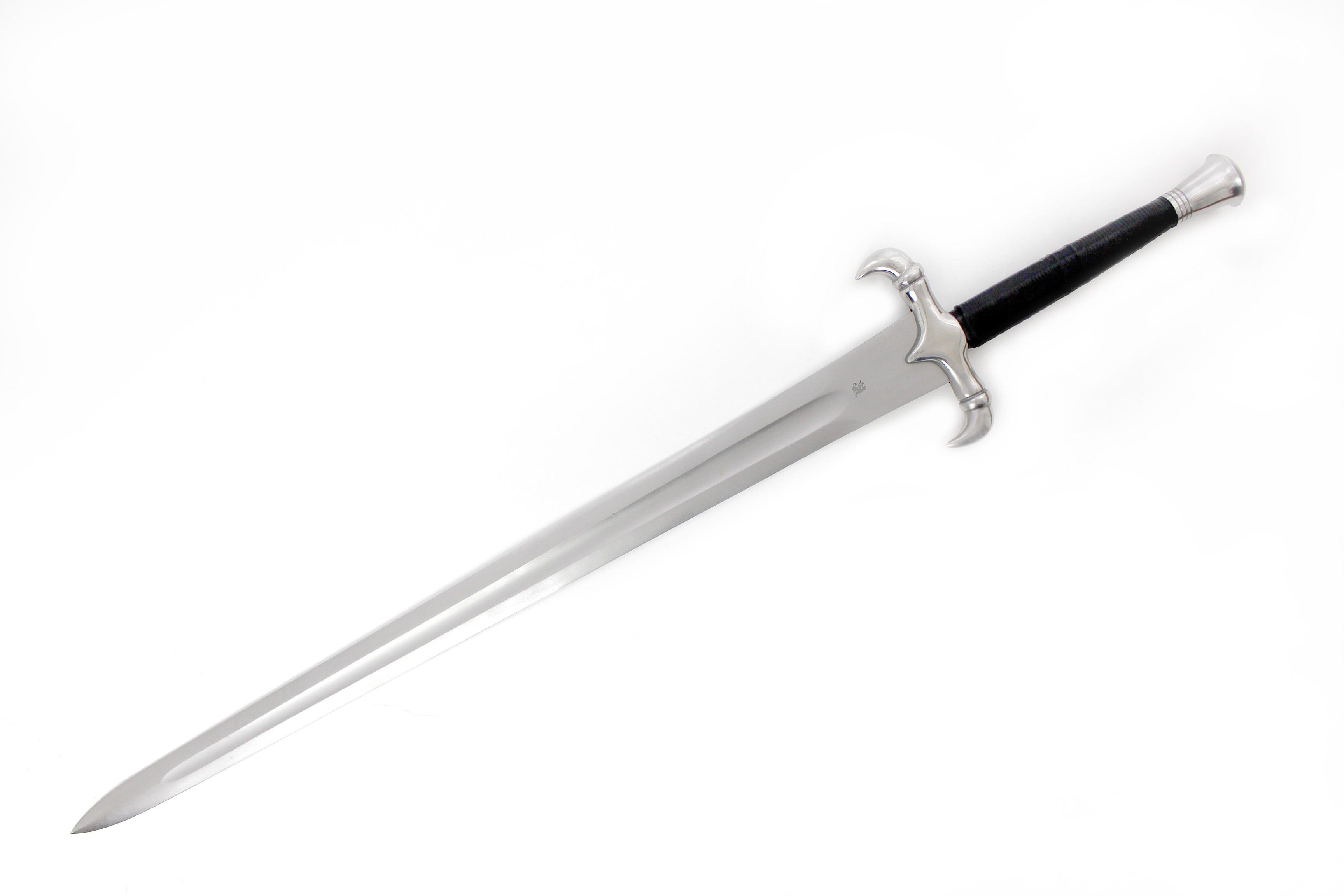

Contrary to the popular belief, many knights did not just carry swords. Swords and lances were not the only weapons used.Įxamination of medieval warfare, especially in Europe tends to be overly focused on the imagery of knights and shiny armor and warriors equipped with magnificent swords and lances, but these were not the only weapons that medieval peoples used when they went to battle.īrutality was not uncommon during this period and the people of the Middle Ages truly got very creative when it came to warfare weaponry. Given how medieval times are always a popular source of inspiration for literature, movies, and even games like Fortnite, we have decided to compile a list of 20 amusing and little-known facts about medieval times and medieval weapons.

And at the heart of these conflicts were Medieval weapons. It comes as no surprise that these times were a particularly violent period of history shaped by many conflicts and wars. Medieval times were not only about peace, prosperity, and exploration of the arts, but there were also significant challenges like population decline, mass migrations, and invasions. The Middle Ages have fascinated humans for centuries.

For a long time, swords were very expensive.Sword fighting went from a mere battle practice to a sophisticated form of martial arts.Swords were still the most common weapon in the Middle Ages.Swords and lances were not the only weapons used.Some believe that the clergy used maces to avoid shedding blood in war (they provided a loophole in which religious men could still fight), but the only evidence for this is the depiction of Bishop Odo of Bayeux in the Bayeux Tapestry. Armor and weapons for the cavalieri centered in Milan, which remained separate from Papal rule. Starting in the 14th Century, maces were the usual weapon of the cavalieri, mercenary armies of Northern Italy that were hired by city-states throughout Europe.

Maces are depicted as a weapon used by the Normans in the Bayeux tapestry, which depicts the events leading up to the Battle of Hastings and the Norman conquest of England in 1066. Maces are also shown in the Morgan or Maciejowski Bible of the 13th century, which depicts scenery and customs of France. In Europe, Bronze Age archaeology cites numerous finds of perforated mace heads. The mace was developed during the Upper Paleolithic from the club by adding sharp spikes of flint or obsidian (an exhibit in the Museum of London shows a stone mace head from c.


 0 kommentar(er)
0 kommentar(er)
